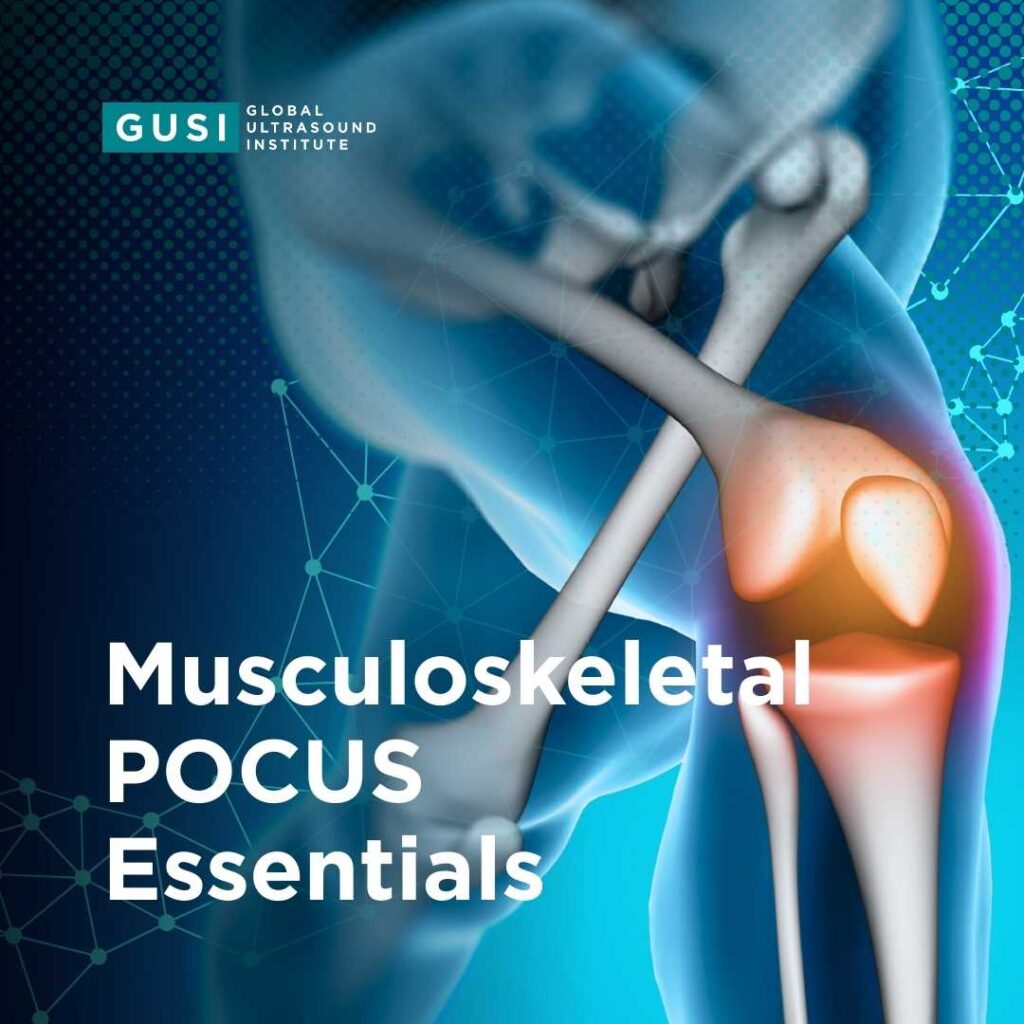Cartilage is a flexible connective tissue found in the musculoskeletal (MSK) system, crucial for joint health and movement. It covers the ends of bones, reducing friction and absorbing shock during activity. In medical imaging, particularly ultrasound, cartilage appears hypoechoic or anechoic, making its assessment vital for diagnosing conditions like osteoarthritis, meniscal tears, and joint effusions.
Understanding cartilage’s appearance in musculoskeletal ultrasound helps clinicians identify structural damage, inflammation, or degenerative changes. This non-invasive diagnostic approach aids in guiding treatment plans and monitoring disease progression, making “ultrasound of cartilage” and “MSK imaging” key terms for orthopedic and rheumatological practices.


